At the end of the American Revolution, King George III asked his American painter, Benjamin West, what George Washington would do next. West replied, “They say he will return to his farm.”
“If he does that,” the incredulous monarch said, “he will be the greatest man in the world.”
Colloquially we now call the federal holiday on the third Monday in February “Presidents Day.” Legally, though, it’s still “Washington’s Birthday.” Which is appropriate, because without Washington we might not have had any other presidents.
George Washington was the man who established the American republic. He led the revolutionary army against the British Empire, he served as the first president, and most importantly he stepped down from power.
In an era of brilliant leaders, Washington was not the deepest thinker. He never wrote a book or even a long essay, unlike George Mason, Thomas Jefferson, James Madison, Alexander Hamilton, and John Adams. But Washington made the ideas of the American founding real. He incarnated liberal and republican ideas in his own person, and he gave them effect through the Revolution, the Constitution, his successful presidency, and his departure from office.
What’s so great about leaving office? Surely it matters more what a president does in office. But think about other great military commanders and revolutionary leaders before and after Washington—Caesar, Cromwell, Napoleon, Lenin. They all seized the power they had won and held it until death or military defeat.
Washington held “republican” values – that is, he believed in a republic of free citizens, with a government based on consent and established to protect the rights of life, liberty, and property.
Recommended
From his republican values Washington derived his abhorrence of kingship, even for himself. The writer Garry Wills called him “a virtuoso of resignations.” He gave up power not once but twice – at the end of the revolutionary war, when he resigned his military commission and returned to Mount Vernon, and again at the end of his second term as president, when he refused entreaties to seek a third term. In doing so, he set a standard for American presidents that lasted until the presidency of Franklin D. Roosevelt, whose taste for power was stronger than the 150 years of precedent set by Washington.
Washington was not only a model for future presidents, too rarely followed, but he also left behind some advice. He laid out America’s founding commitment not just to toleration but to equal rights for all citizens in a famous letter to the Jewish congregation in Newport, Rhode Island: “It is now no more that toleration is spoken of as if it were the indulgence of one class of people that another enjoyed the exercise of their inherent natural rights, for, happily, the Government of the United States, which gives to bigotry no sanction, to persecution no assistance, requires only that they who live under its protection should demean themselves as good citizens.”
In his Farewell Address, he laid a foundation for American foreign policy that we would do well to ponder today: “The great rule of conduct for us in regard to foreign nations is in extending our commercial relations, to have with them as little political connection as possible.”
He knew that a president’s job is not to run the country, nor to make law, but rather to carry out the laws made by Congress. In the Farewell Address, he urged all of those entrusted with office “to confine themselves within their respective Constitutional spheres; avoiding in the exercise of the Powers of one department to encroach upon another. The spirit of encroachment tends to consolidate the powers of all the departments in one, and thus to create whatever the form of government, a real despotism.”
Washington was a farmer, a businessman, an enthusiast for commerce. As a man of the Enlightenment, he was deeply interested in scientific farming. His letters on running Mount Vernon are longer than his letters on running the government. (Of course, in 1795 more people worked at Mount Vernon than in the entire executive branch of the federal government.)
On February 22, the actual anniversary of George Washington’s birth, we should remember the man who led the war that created the nation and established the precedents that made it a republic.

















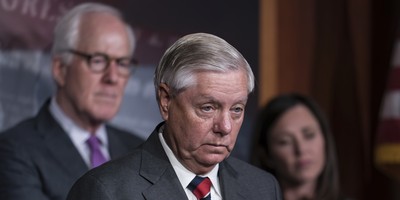
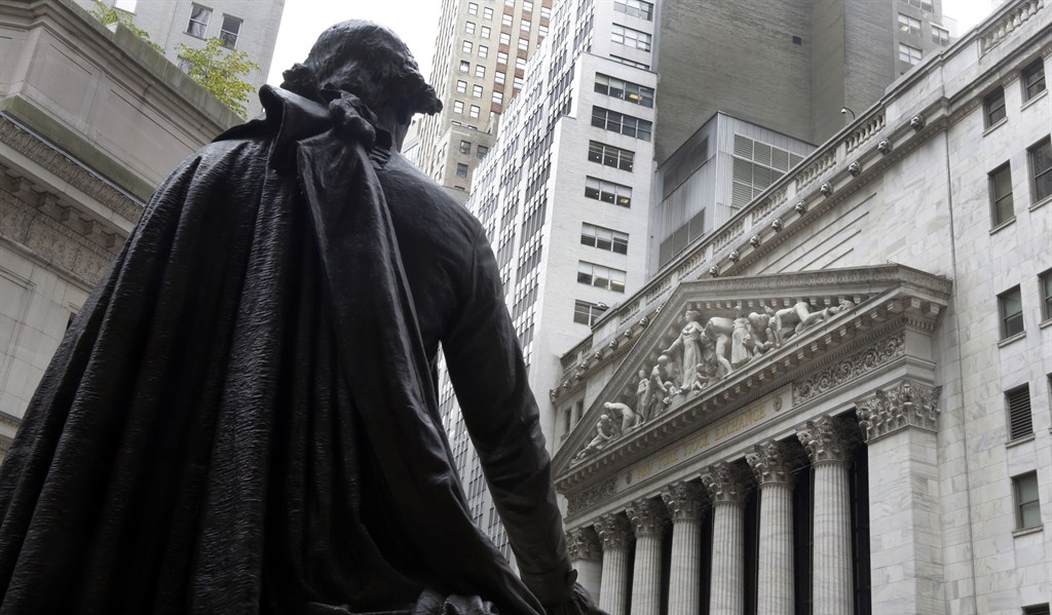
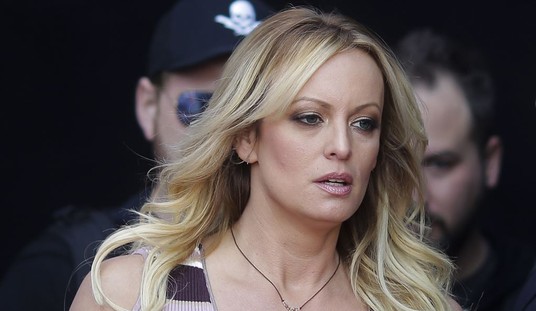
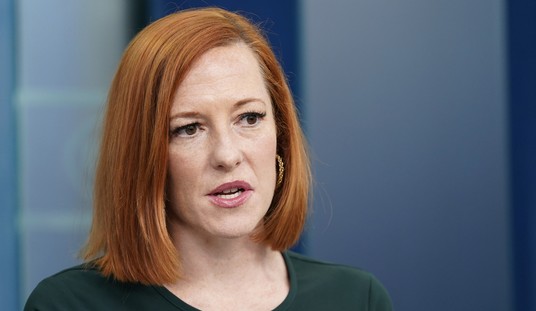

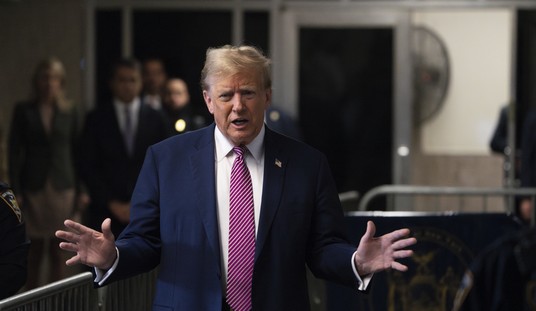


Join the conversation as a VIP Member